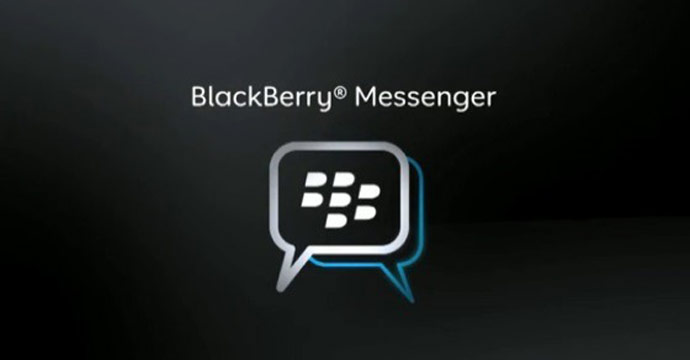Will BBM Reverse BlackBerry’s Troubled Fortunes?
When speculation that BlackBerry (NASDAQ:BBRY) would put itself up for sale emerged in the July-August timeframe, BBM, BlackBerry’s messaging service, took center stage. BlackBerry, along with an overwhelming section of pundits, pegs a lot of value to the messaging service. It is no secret that struggling BlackBerry intends to use the BBM service as leverage to win itself a hiatus of sorts. Admittedly, there are undisguised plans by BlackBerry to spin off BBM into a standalone unit.
As Wall Street Insanity reported in late October, the new cross-platform BBM kicked off to a warm welcome from Android and iOS users. Within the first week of its launch, the cross-platform BBM had roped in 20 million new users, bringing total users to well over 80 million. In addition, this new version of the BBM was the Apple App Store leader in 107 countries and the top free app on Google Play in 35 countries during its first week.
Genuine Interest In BBM Presents Advertising Opportunity
A report provided exclusively to BGR by research firm Mobidia suggests that BBM’s warm welcome was not an act of charity for a tumbling company, but rather genuine interest. According to Android data from the report, BBM saw user engagement of 40 minutes in the US for the week of Oct 20. This is close to double Tango’s figures, which unlike BBM, has the added advantage of games, as well as close to 130 million users.
Viber, another sector leader had user engagement of 44 minutes, narrowly edging out BBM. These figures suggest that the interest in BBM is genuine.
BBM is perfectly positioned to capitalize on advertising opportunities; especially after considering the imminent plans to unveil BBM Channels, which uses the same concept as Twitter and allows users to broadcast messages or send private messages.
BlackBerry’s handset business is a lost cause. Between a battered brand and shrinking market share, BlackBerry’s handset future is bleak. In 2009, BlackBerry’s market share was close to 50 percent. In the third quarter of 2013, its market share was 3.8 percent, strengthening the argument that BlackBerry’s handset business is a pale shadow of what it used to be. Potential ad revenue from the BBM seems like the only reasonable play.
Going with the level of engagement as well as the numbers, BBM could become BlackBerry’s new central business.
Botched Fairfax Deal Provides More Answers
Everyone from Wall Street to Main Street, to the cab driver in Salt Lake City expected Fairfax to follow through on the $4.7 billion takeover deal. However, earlier doubts that it could not raise the $4.7 billion materialized; there was no deal.
The conditions under which talks of the deal fell through however, provide more answers. After Fairfax said that it could not raise the $4.7 billion, BlackBerry said it would instead issue convertible bonds of $1 billion, and Fairfax instantly pledged $250 million. Issuing convertible bonds, which can be converted to stock in times of profits, suggests that perhaps there is a wild card that BlackBerry can play to reverse its troubled fortunes. Don’t be surprised if the wild card in question is BBM.
Takeaway
CEO Thorsten Heins was recently shown the door; albeit with a $22 million send-off package. The new CEO, John Chen, will have a pay package of $88 million, will perhaps be the one who brings the BBM agenda into clearer focus.
Disclosure: Author represents that he has no position in any stocks mentioned in this article at the time this article was submitted.










































